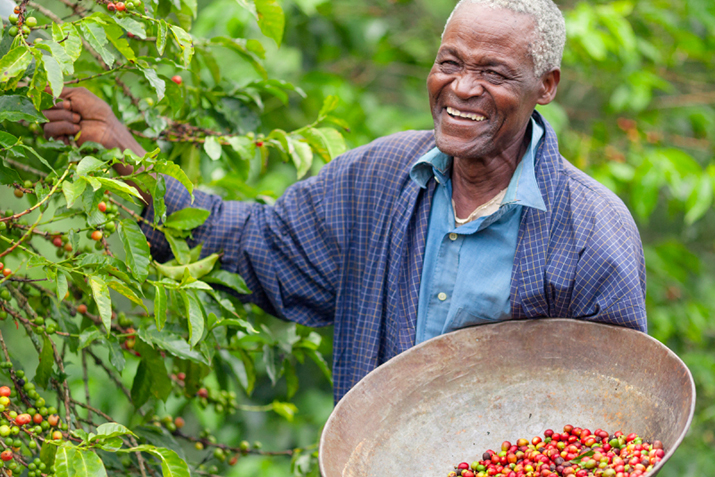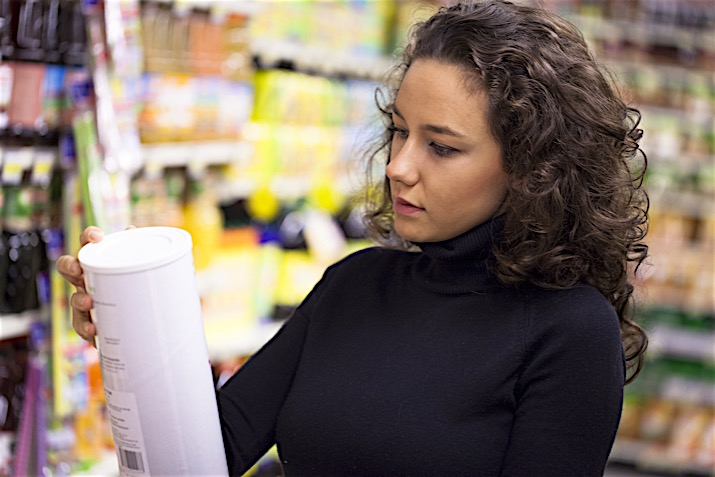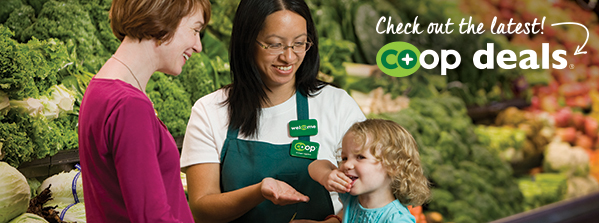Article
Tell the World You Own It

You may be surprised by all the types of co-ops around you. From groceries to health care, co-ops are a vital part of everyday life for people all over the globe. Consider the cup of coffee you enjoyed at breakfast. It was likely purchased from a coffee grower co-op in Africa or Central America. Or the light fixture you’re standing under might be powered with electricity from a co-op owned by people in your community.
A co-op is a business model that allows a group of people to combine their resources to meet their common needs. Grocery co-ops are one such kind of co-op. They are the true pioneers of the natural and organic food industry and they’re deeply committed to providing delicious, high quality, healthy food; supporting local, sustainable agriculture; and strengthening their communities. Cooperatives, including grocery co-ops, are much more than bricks and mortar stores. Cooperatives are built on the idea that local owners, not far-away investors, gain the benefits of business success. Simply put, cooperation is for everyone.
The co-op way of doing business is to be open, fair, and democratic. That’s not just marketing speak, either. These concepts are based on a set of seven guidelines called the International Cooperative Principles that serve as the standards for how we operate.
Food co-ops demonstrate their commitment to these principles every day, by promoting a safe and sustainable food system and partnering with individuals and organizations to improve our neighborhoods. After all is said and done, when the co-op makes money, members determine how profits get used. No big box retailer is going to give local shoppers that much decision-making power. These values and principles are common to all co-ops, whether they are in business to offer electricity, insurance, or groceries.
Cooperation is such a powerful positive force that 2012 was designated the International Year of Cooperatives by the United Nations in recognition of the influence of cooperatives worldwide. Thousands of co-ops from all over the world joined together to say loud and proud how local ownership is making life better.
Statement on the Co-operative Identity
Definition
A cooperative is an autonomous association of persons united voluntarily to meet their common economic, social, and cultural needs and aspirations through a jointly-owned and democratically-controlled enterprise.
Values
Cooperatives are based on the values of self-help, self-responsibility, democracy, equality, equity and solidarity. In the tradition of their founders, co-operative members believe in the ethical values of honesty, openness, social responsibility and caring for others.
Principles
The cooperative principles are guidelines by which cooperatives put their values into practice.
The International Cooperative Principles were last revised in 1995 by the International Cooperative Alliance (ICA) as part of the Statement on the Cooperative Identity. They are as follows:
- Voluntary and Open Membership
- Democratic Member Control
- Member Economic Participation
- Autonomy and Independence
- Education, Training and Information
- Cooperation Among Cooperatives
- Concern for Community
- Diversity, equity and inclusion*
*The food co-ops of National Co+op Grocers have incorporated this eighth cooperative principle because we believe we are stronger when a proactive effort is put forth to engage everyone in governance, management and representation.













